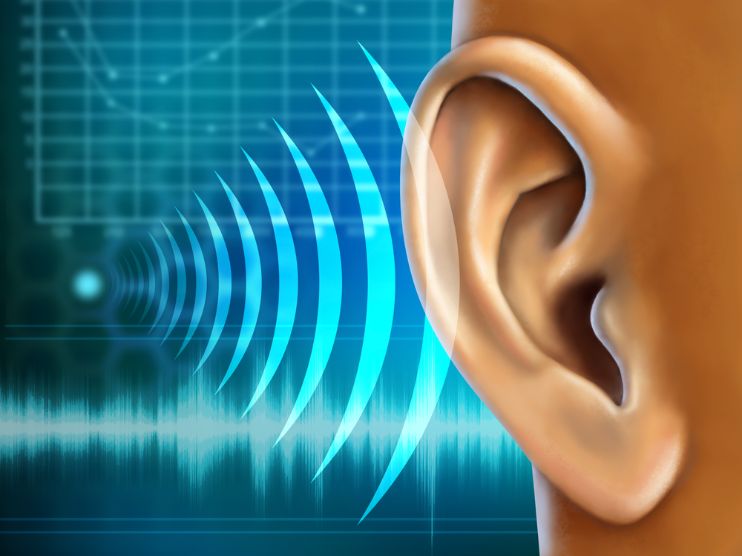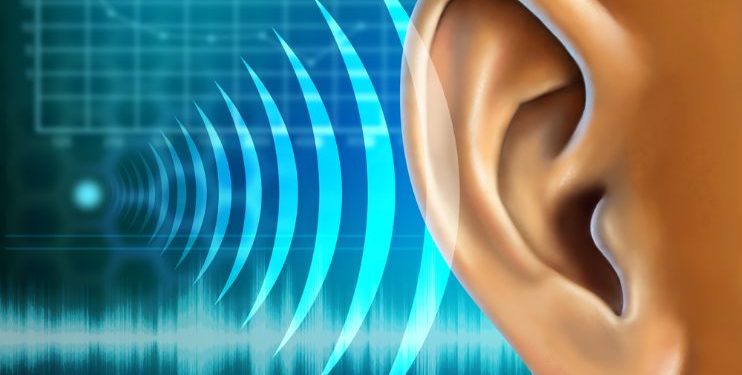If you are experiencing ringing in your ears or twitching of your face, you may be suffering from an acoustic neuroma. This type of tumor is most often located on the eighth cranial nerve, which runs from the brain to the ear. It can cause hearing loss, facial weakness and balance problems.
The acoustic neuroma is usually benign, but it can lead to complications if not treated properly. You will likely have to undergo surgery to remove the tumor. After this, you may experience ongoing numbness and tingling in your face. Other symptoms can include problems with blood vessels, pressure in the brain, and difficulty with balance.
Acoustic neuromas are caused by the growth of Schwann cells, which are fatty cells that are found on the outside of the nerves. These cells help with the conduction of nerve impulses. They also provide insulation for the nerves. In some cases, the tumors may be malignant.
Acoustic neuromas develop from the sheath surrounding the vestibulocochlear nerve, a group of hearing and balance nerves. They are typically benign, but they can grow rapidly and cause serious problems if left untreated. When they become large, they can squeeze the brainstem and nearby nerves. For this reason, they can be life-threatening.
If an acoustic neuroma causes balance problems, you may have trouble walking, swaying or sitting up straight. Your eyes can be blurred and you may have difficulty keeping them open. You will probably experience hearing loss in one ear. A numbness or paresthesia may also be present near your cheek.
The most common symptoms of acoustic neuromas are problems with balance and hearing. Hearing loss is common, but there are other forms of acoustic neuroma that can cause a variety of other problems.

If a tumor in the eighth cranial nerve grows too large, it can compress the brain stem and other parts of the brain. It can also put pressure on other nearby nerves, such as the facial nerve and the trigeminal nerve. Those nerves can cause numbness, tingling, facial weakness, and tics of the eye muscles.
As with any other condition, acoustic neuromas are usually diagnosed with a physical exam and an imaging test. Depending on the size of the tumor, treatment may involve radiation therapy or surgery. Surgery can result in a loss of hearing in some people, but it is not always necessary. Radiation therapy can reduce the size of the tumor and can limit its growth. Patients with acoustic neuromas that are on both sides of the head often benefit from radiation therapy.
Some of the symptoms of acoustic neuroma can be confused with other conditions, making diagnosis difficult. There are many different health conditions that can cause similar symptoms, including labyrinthitis, cholesteatoma, and acoustic neuritis. Symptoms will vary from person to person, but if you have a history of acoustic neuroma, it is recommended that you seek medical advice as soon as possible.
It is important to remember that acoustic neuroma is a rare condition. Symptoms are easily overlooked, so it is best to get them evaluated as soon as possible.










